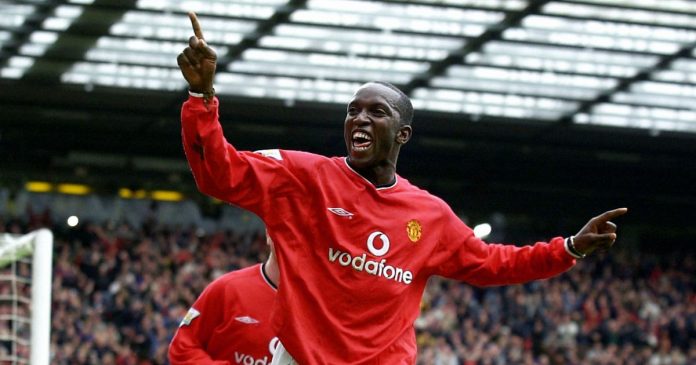At a time when English clubs are struggling to compete against Europe’s elite clubs on the field, they are performing better than ever before when it comes to their finances.
Chelsea, Manchester City, Arsenal and Manchester United are the four teams representing England in the Champions League this season and none of the nation’s top sides have inspired confidence in the early stages of the competition.
In the opening two rounds of matches, English clubs have won just three of the eight matches played. Arsenal have lost both of their opening fixtures, while the other sides have won one and lost the other. It’s a desperate situation for England’s top clubs and, unless the Premier League’s elite sides improve considerably, it wouldn’t be a huge surprise to see the country’s main outfits fail in European competition once again.
Despite their poor performance on the field, England’s sides continue to be in a dominant position financially thanks to the money ploughed into the game by overseas investors and, largely, through the amount paid by television companies. These broadcasters understand the power of football, and sport in general, and how its financial might can be measured by market indices, especially when it comes to the best competitions and tournaments domestically and internationally. The Champions League, snapped up by BT, has that domestic and international appeal and, perhaps ironically given the performance of English sides, has added greater financial clout to the clubs involved.
In the 2013-14 Premier League season, English clubs achieved record revenues and profits due to the amplified Financial Fair Play figures and epic increase in the amount of television monies on offer, particularly to England’s biggest clubs. It is estimated that the levels of profit rose by approximately 30% as clubs made pre-tax earnings of £187 million for the first time since the turn of the millennium.
Although it would be foolish to suggest that English clubs are more concerned with the financial side of the sport, they are certainly performing a lot better off the field – partly due to the necessity of the aforementioned fair play rules. In the 2013-14 campaign, nineteen of the top flight clubs recorded an operating profit and commercial revenue has continued to rise ever since.
As operating costs rise, it is vital for clubs to ensure that their own performance doesn’t falter and they keep on making profits on a consistent basis. After all, this financial success is largely built on a reputation forged on the field of play.
For the fans, it is obviously disappointing when a team cannot compete against the continent’s top clubs. The supporters play a huge role in the running of the football club and, without them, England’s biggest sides wouldn’t make anywhere near the levels of profit that they do today. At Manchester United, they have 55,000 season ticket holders and make millions of pounds from this alone.
For the board, however, it is vital for clubs to perform well financially in order to attract the top players. It’s certainly too basic to say that loosening the financial purse strings would buy success on the continent as record amounts of cash has been splashed out on players in recent seasons.
Oddly, while a case could be made for modern football clubs becoming profit driven businesses that care about the bank balance before the squad balance, the answer to the poor performance might, in part at least, lie in the strength of the domestic game.
With a high octane league and two competitive cups, English clubs are having to fight hard to stay at the top of the tree – with an emerging band of middle clubs that are, in themselves, among the world’s richest.
Profits and boardroom concerns are paramount, but it cannot be conclusively said that they are the root cause of the poor performance of English clubs on the continent. On the field matters such as tactics and team selection, the use of transfer budgets and a competitive home front must all be considered.
One thing is for sure, if England loses a place in the competition because of its teams’ poor performance then the money men in the boardroom will not be happy. On and off the field success is not unrelated, especially in the long term. Managers will be under pressure to do their bit to ensure the profits keep on coming in.
Add Sportslens to your Google News Feed!






